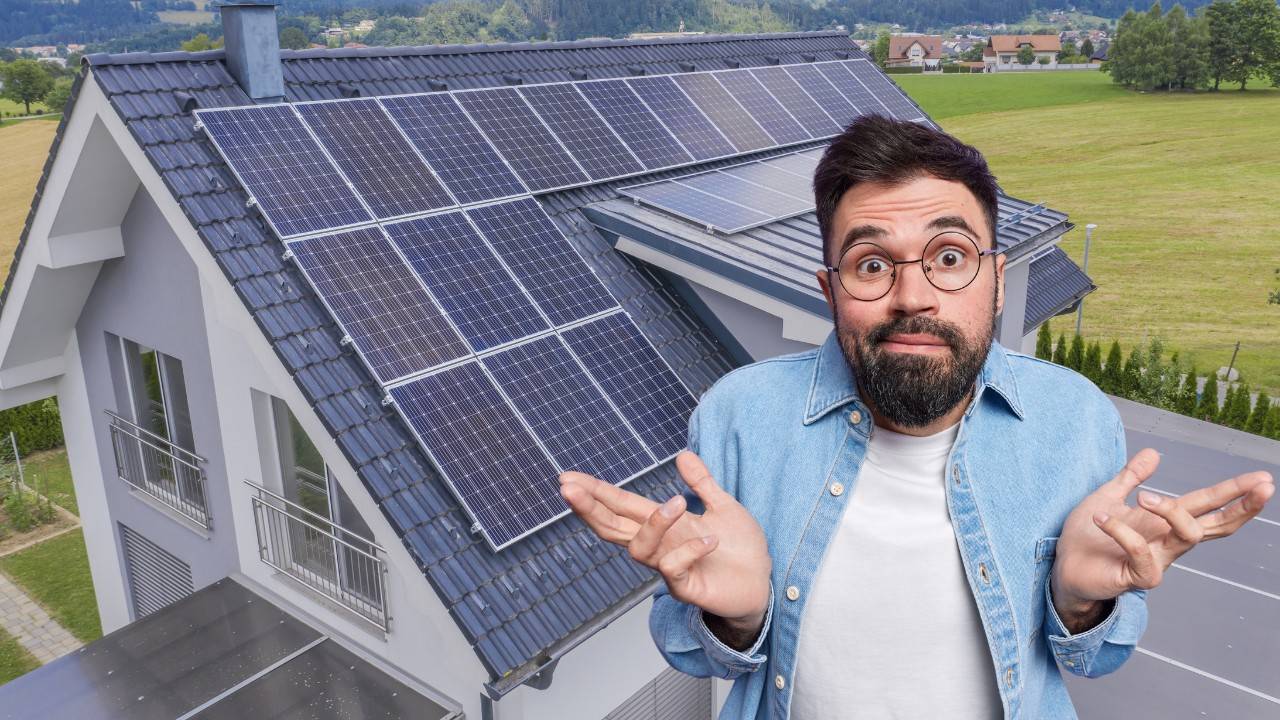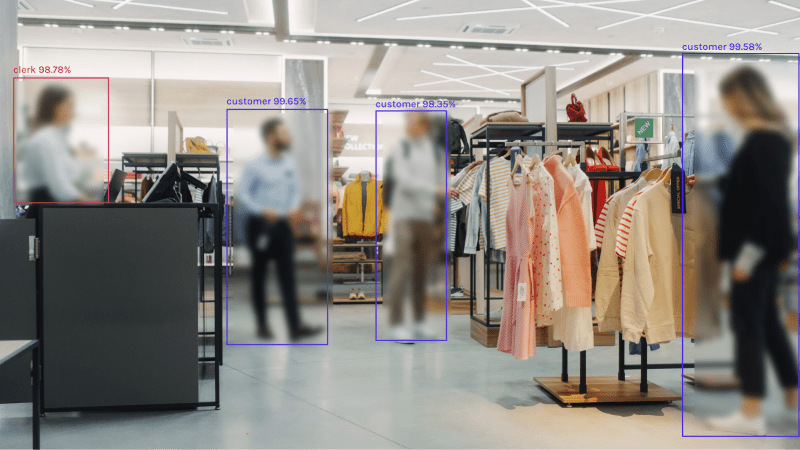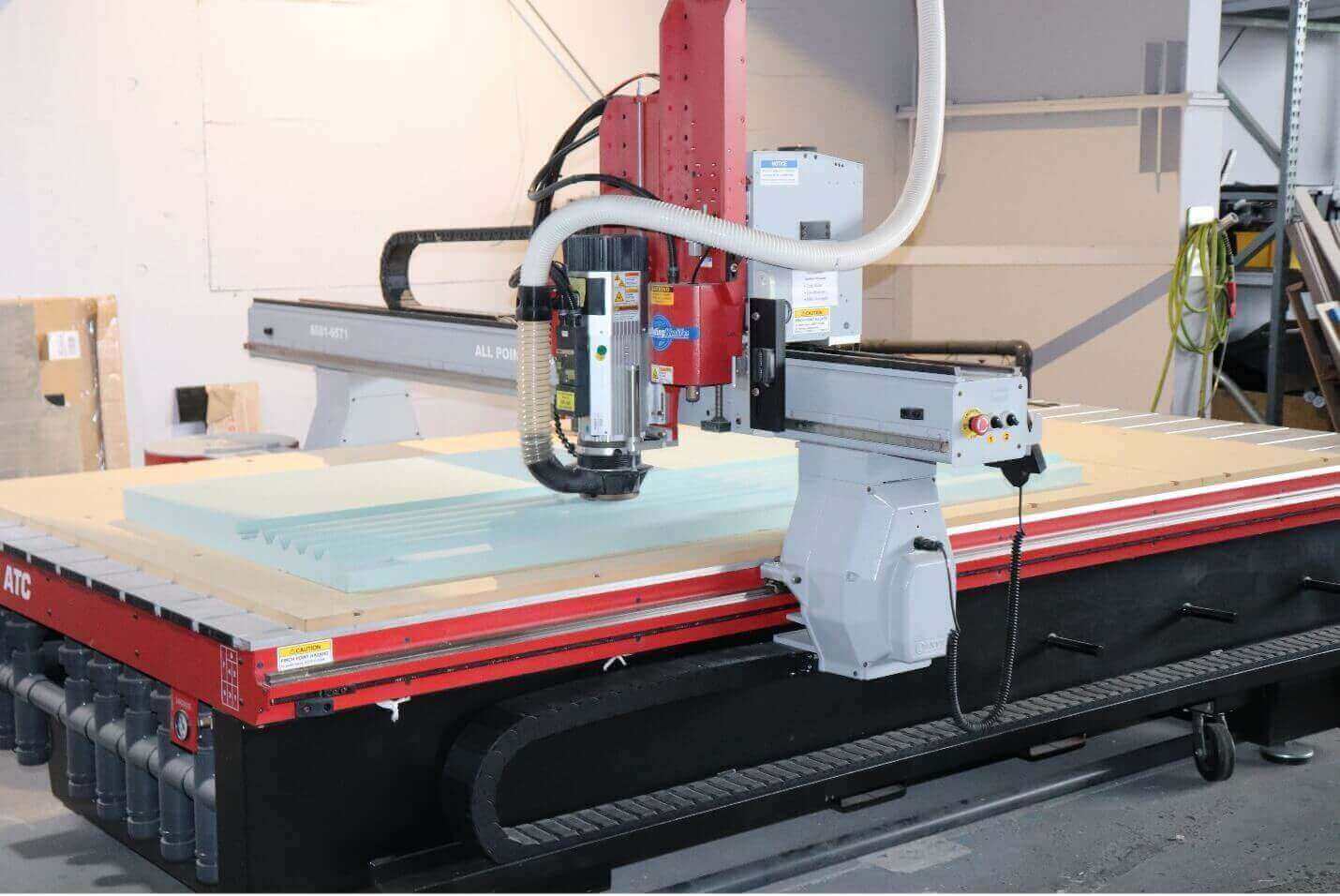Is it Really Worth Selling Your Solar Energy Back to the Grid?

Switching to solar energy can seem overwhelming, but the benefits far outweigh the initial concerns. Too many homeowners in VIC believe that selling excess solar energy back to the grid is the best use of their solar technology.
However, this belief is not grounded in the most efficient use of solar energy. In this post, we’ll explore why using your solar power during the day or storing excess energy in a battery for night-time use is a better strategy.
We’ll provide real-world examples (names and location have been changed to compliance with our data privacy policy), cost-benefit analysis, and practical tips to help you maximise your solar investment and save money.
Introduction
As solar energy becomes increasingly popular, more and more Australians are installing solar panels to harness the power of the sun. However, many are still unsure whether it’s better to sell excess energy back to the grid or use it themselves.
The idea of earning some money by selling surplus energy can be appealing, but it might not be the most efficient way to utilise your solar power.
In this post, we will discuss the financial drawbacks of selling solar energy back to the grid and the benefits of using or storing the energy instead.
The Problem: Financial Drawbacks of Selling Solar Energy Back to the Grid
When homeowners send their excess solar energy back to the grid, they receive a solar credit at a lower rate than the price they pay for grid electricity.
For instance, if you export 500 units of solar energy at a rate of 6 cents per unit, you earn $30. However, if you later buy back the same amount of energy during peak hours at a rate of 39 cents per unit, you end up paying $195. This means you are effectively paying an extra $165 for energy that your solar system could have provided for free.
This approach not only increases your energy costs but also undermines the potential savings of your solar investment.
The Solution: Using and Storing Solar Energy
1. Using Solar Energy During the Day
The most straightforward way to maximise your solar investment is to use the energy generated during the day. This can significantly reduce your reliance on grid electricity, especially during peak hours when electricity rates are highest. By aligning your energy consumption with the times when your solar panels are producing the most energy, you can minimise your energy bills.
Case Study 1: The Thompson Family
The Thompson family in Melbourne adjusted their daily routine to make the most of their solar energy. They run their dishwasher, washing machine, and other high-energy appliances during the day when their solar panels are generating power. As a result, they have reduced their reliance on grid electricity by 60%, leading to substantial savings on their energy bills.
2. Storing Excess Energy in a Battery
Another effective strategy is to store excess solar energy in a battery for use during the night or cloudy days. This approach ensures that the energy you generate is used efficiently, reducing the need to buy expensive grid electricity during peak hours and use it during blackout or night time.
Case Study 2: The Patel Family
The Patel family in Geelong installed a solar battery system alongside their solar panels. By storing excess energy generated during the day, they can power their home at night without relying on the grid. This setup has allowed them to cut their energy bills by 50% and provides a reliable backup power source during outages.
3. Combining Daytime Use and Energy Storage
For maximum efficiency, consider a combination of using solar energy during the day and storing the excess in a battery. This dual approach ensures that you make the most of your solar investment, providing consistent savings and energy security.
Case Study 3: The Nguyen Family
The Nguyen family in Ballarat took a comprehensive approach by using their solar energy during the day and storing the excess in a battery. They also invested in an energy management system to optimise their energy use. This strategy has reduced their energy costs by 70% and ensured that they always have access to affordable, renewable energy.
In nutshell…
Using and storing your solar energy instead of selling it back to the grid is a more efficient way to maximise your solar investment. By aligning your energy consumption with your solar production and storing excess energy for later use, you can significantly reduce your reliance on grid electricity and save money.
If you’re a VIC homeowner considering how to make the most of your solar energy, start by using your solar power during the day and consider investing in a battery to store excess energy. For more information on how to get started, contact Start Solar, an approved solar retailer based in Melbourne, VIC. Get a no-obligation quote or schedule a call with one of our solar consultants today. Take the first step towards a brighter, more affordable future with solar power.





